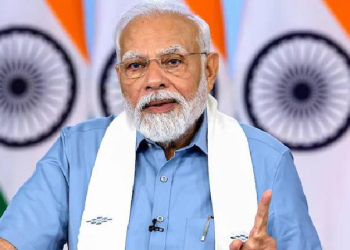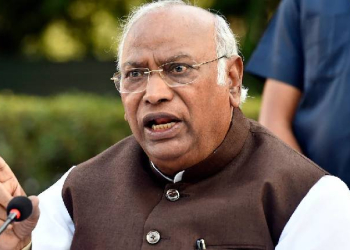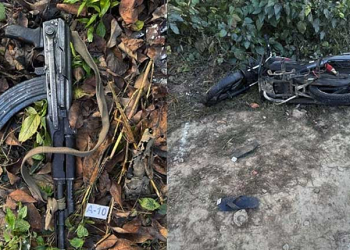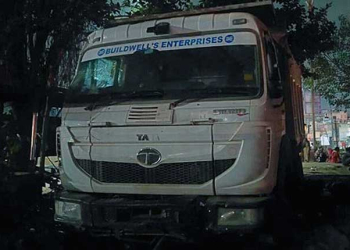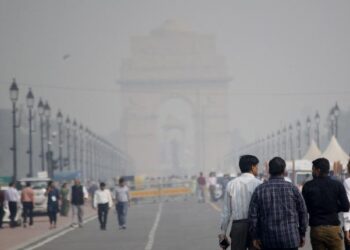New Delhi: Two significant institutions – the Law Commission and the Central Vigilance Commission (CVC) – are functioning without full strength at the top level, for a while now.
The Law Commission, which is mandated to make recommendations to the government on complex legal issues having an impact on society, has been without a Chairperson since August 2018. Although, on February 19, 2020, the Centre approved the constitution of the twenty-second Law Commission, however it has not appointed the Chairperson and members so far.
Similarly, the CVC, which should have been a three-member autonomous body according to the provisions of the Central Vigilance Act, 2003, has been functioning with only a Central Vigilance Commissioner.
These institutions play a significant role in keeping checks and balances on elected governments, and help in further strengthening the democratic ethos. These institutional pillars aid the functioning of a large and complex democracy.
On July 27 this year, the Supreme Court agreed to consider listing for hearing a PIL, filed by advocate Ashwini Upadhyay in 2020, seeking a direction to the Central government to declare the Law Commission as a “statutory body” and appoint the Chairperson and members to the panel.
Upadhyay argued before the top court that the tenure of the 21st Law Commission ended on August 31, 2018 and still, the government has neither extended the tenure of its Chairperson and members, nor notified the 22nd Law Commission. In December last year, the Centre had told the court that the appointment of the members of the Law Commission of India and its chairperson was under consideration with the authorities concerned, and there is no proposal under consideration to make it a statutory body.
The Centre termed the PIL frivolous and devoid of merits and added that the petitioner has raised an issue which falls out of the doctrine of separation of powers. The government further added that it is seized of the matter in connection with the appointment of the Chairperson and the members of the Commission.
For the CVC, the story has not been much different from that of the Law Commission. The commission last functioned as a three-member body, a Chairperson, along with two members, in October 2020.
Annual report of the CVC for 2002 says: “The Central Vigilance Commissioner and Vigilance Commissioners hold office for a term of four years from the date on which they enter office or till attaining the age of sixty-five years, whichever is earlier. Sanjay Kothari, IAS (Retd.) joined as Central Vigilance Commissioner on 24.04.2020 and Suresh N. Patel, MD & CEO (Retd.) Andhra Bank joined as Vigilance Commissioner on 29.04.2020. Sharad Kumar, IPS (Retd.), Vigilance Commissioner demitted office on 27.10.2020. One post of Vigilance Commissioner is vacant since then.”
Kothari retired in June 2021. Since then, both Vigilance Commissioners’ posts have been vacant. Patel, who was a banker, remains the only Commissioner.
The CVC plays an important role in appointing the heads of several Central government departments and agencies. It either conducts an inquiry or recommends an inquiry on reference by the government, and also probes complaints against government officials.
The Central Vigilance Commission (Amendment) Bill, 2021, was passed at the beginning of this year. The Bill sought to extend the tenure of the Enforcement Directorate’s director, however it did not deal with either tenure of Commissioners or the appointment of Commissioners.
(IANS)




